|
Parasomnias, Arousal Disorders, REM Sleep Behavior Disorder
Sleep-Wkae Disturbances and Parkinson's Disease
Narcolepsy, Hypersomnnia, Sleepiness
Sleep and Neurological Disorders Disorders
Sleep Physiology-Neurophysiology in Human
|
|
|
RESEARCH DOMAINS
- Methodology / Neurophysiology
- Behavioral
- Clinical
- Technology
|
|
|
|
The group’s main research themes regard the interplay of sleep and wake time cognitive and emotional function. These themes are investigated both from a behavioural perspective and with regard to the underlying neural mechanisms. Research includes both fundamental and clinical topics.
Fundamental research
Fundamental research revolves around the role of sleep in information processing, addressing for instance the reorganisation of memory over time and sleep, information (re)processing during sleep and the role of sleep oscillations, such as spindles and slow waves, in consolidation and reorganization type processes. Substantial research effort also regards the relation between sleep and emotional processing, with special attention again for sleep physiological and neural mechanisms. A program with high societal interest regards the sleep characteristics of adolescents in relation to performance.
Clinical research
Clinically oriented studies address the relation between sleep problems and cognitive/emotional deficits in neurological and psychological disorders. A current programs regards the interplay between emotional memory processing deficits and sleep problems in PTSD. Another concerns cognitive problems related to sleep disordered breathing and cognitive rehabilitation. Further lines of research regard new treatment strategies for insomnia.
Facilities
Laboratory description: 2 bedroom sleep laboratory, control room, large lounge, kitchen and bathroom facilities. Possibility for circadian rhythm studies. |
|

Our research group is founded in 2019. The group’s main research themes regard the interplay of motor and emotional functions during physiological and pathological sleep. These themes are investigated from behavioural, clinical/neurophysiological and neurobiological (genetics) perspectives. Research includes foundamental and clinical sleep research in collaboration with the
Sleep-Wake and EEG Laboratory.
Our mission is to promote sleep science in Cyprus by encouraging and motivating enthusiastic and talented researchers from different backgrounds to participate in sleep research.
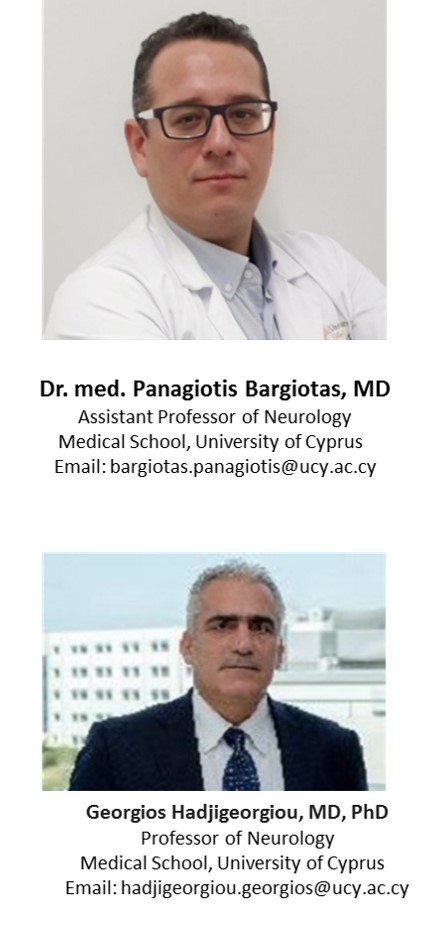
FOCUS
Parasomnias, REM Sleep Behavior Disorde
Sleepiness, Fatigue, Hypersomnnia
Sleep-Related Movement Disorders (Restless legs Syndrom)
Sleep and Neurological Disorders
Narcolepsy
Sleep Neurophysiology in Human
TOPICS
Neurophysiological (EEG, EMG, ECG) characteristics of REM Sleep Behavior Disorder episodes.
Neuropsychological, neurocognitive and sleep-wake profile of patients with REM and NREM Parasomnias
Sleepiness and sleepiness perception in neurological disorders (neurodegenerative diseases, multiple sclerosis, narcolepsy)
Long-term circadian, sleep and motor functions assessments in healthy and psychiatric populations
RLS Epidemiology and genetics
Contact: Αυτή η διεύθυνση ηλεκτρονικού ταχυδρομείου προστατεύεται από τους αυτοματισμούς αποστολέων ανεπιθύμητων μηνυμάτων. Χρειάζεται να ενεργοποιήσετε τη JavaScript για να μπορέσετε να τη δείτε.
ΙΑΤΡΕΙΟ ΔΙΑΤΑΡΑΧΩΝ ΥΠΝΟΥ, ΥΠΝΗΛΙΑΣ ΚΑΙ ΚΟΠΩΣΗΣ ΗΜΕΡΑΣ
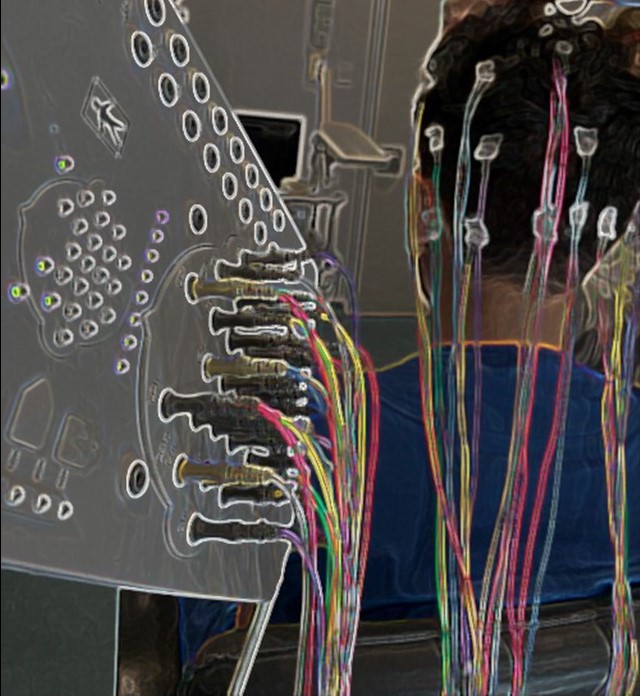
Neuropsychological, neurocognitive and sleep-wake profile of patients with REM and NREM Parasomnias 
This clinically oriented study address the hypothesis that sleep disruption and abnormal sleep-related behaviors in patients with parasomnias (sleepwalking, sleep terrors, REM sleep behavior disorders etc.) impact important aspects of daytime functioning including information processing, memory, emotional processing, attention and concentration.
Fundamental research revolves around the role of sleep in information processing, addressing for instance the reorganisation of memory over time and sleep, information (re)processing during sleep and the role of sleep oscillations, such as spindles and slow waves, in consolidation and reorganization type processes. Substantial research effort also regards the relation between sleep and emotional processing, with special attention again for sleep physiological and neural mechanisms. A program with high societal interest regards the sleep characteristics of adolescents in relation to performance
Combining behavioral, neurocognitive and subjective/objective sleep-wake assessments we aim to explore neuropsychological, cognitive, sleep-wake and circadian profile of parasomnic patients.
Neurophysiological (EEG, EMG, ECG) characteristics of REM Sleep Behavior Disorder (RBD)
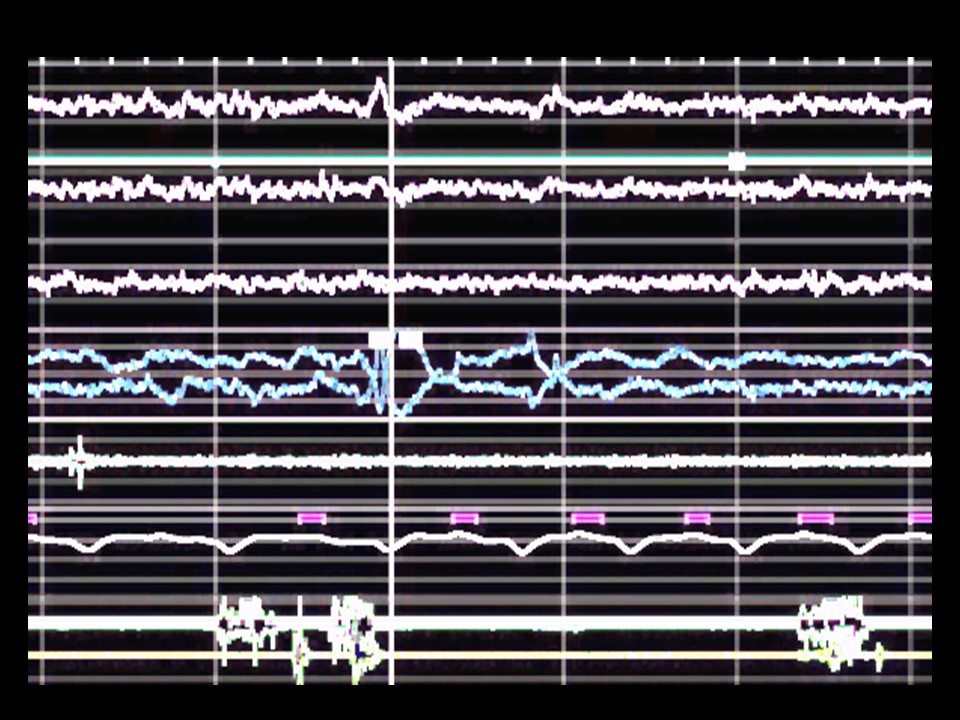
This neurophysiological study adresses the relationship between EEG activity (sleep oscillations in polysomnography), EMG-based muscle tone, cardiorespiratory coupling (ECG-based) and video-assessed complex behavior (dream enactment) shortly before, during and shortly after an RBD episode.
In this study our main goal is to apply machine learning approaches on traditionally identified neurophysiological signals in order to identify neurophysiological biomarkers of RBD episodes.
Sleepiness and sleepiness perception in neurological disorders (neurodegenerative diseases, multiple sclerosis, stroke, narcolepsy)

How often and severe is excessive daytime sleepiness (EDS) in neurological diseases and does it have specific characteristics?
Is EDS an early symptom, a late symptoms related to disease progression or is it treatment-related? Do patients with neurological disorders perceive their sleepiness?
Is EDS only a consequence of decreased sleep quality?
How EDS affects daytime functioning in patients with neurological disorders?
This is a research project where we combine different types of subjective and objective sleepiness assessments to explore the characteristics of EDS in different types of neurological diseases (neurodegenerative, neuroinflammatory, vascular etc.
Long-term circadian, sleep and motor functions assessments in healthy and psychiatric populations
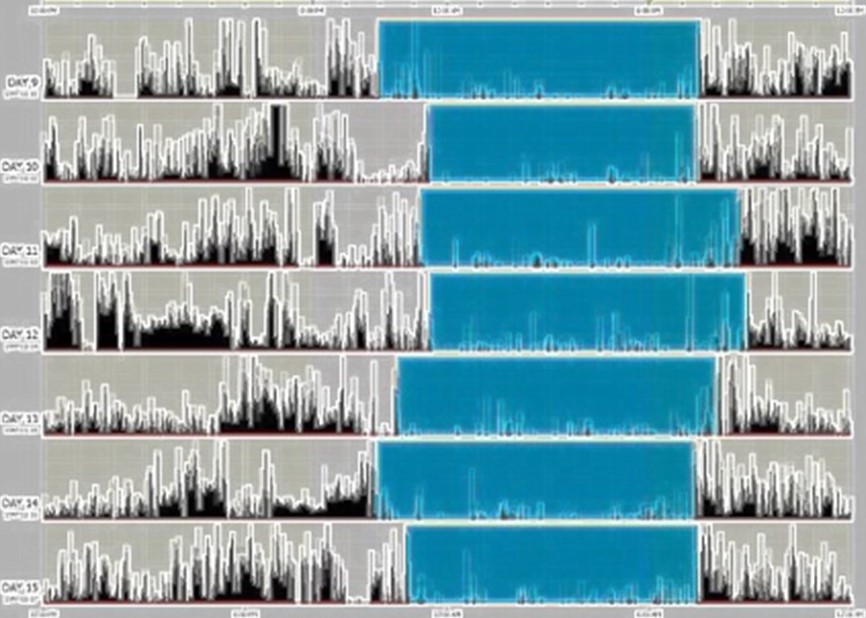
This clinical study is based on long-term advanced actigraphic data to assess sleep-wake activity patterns, continuous EMG-data with sleep-EEG data in psychiatric and healthy populations
In this study we explore the association between physical/muscle activity during daytime and nighttime and sleep quality in healthy and psychiatric dis
eased populations.
Genetics in Restless Legs Syndrom
Clinical research revolves around epidemiology and genetics in Restless Legs Syndrom in greek populations.
Another approach revolves non-pharmacological treatment for RLS in uremic patients.
NEWS IN SLEEP MEDICINE AND SLEEP RESEARCH
UPCOMING EVENTS
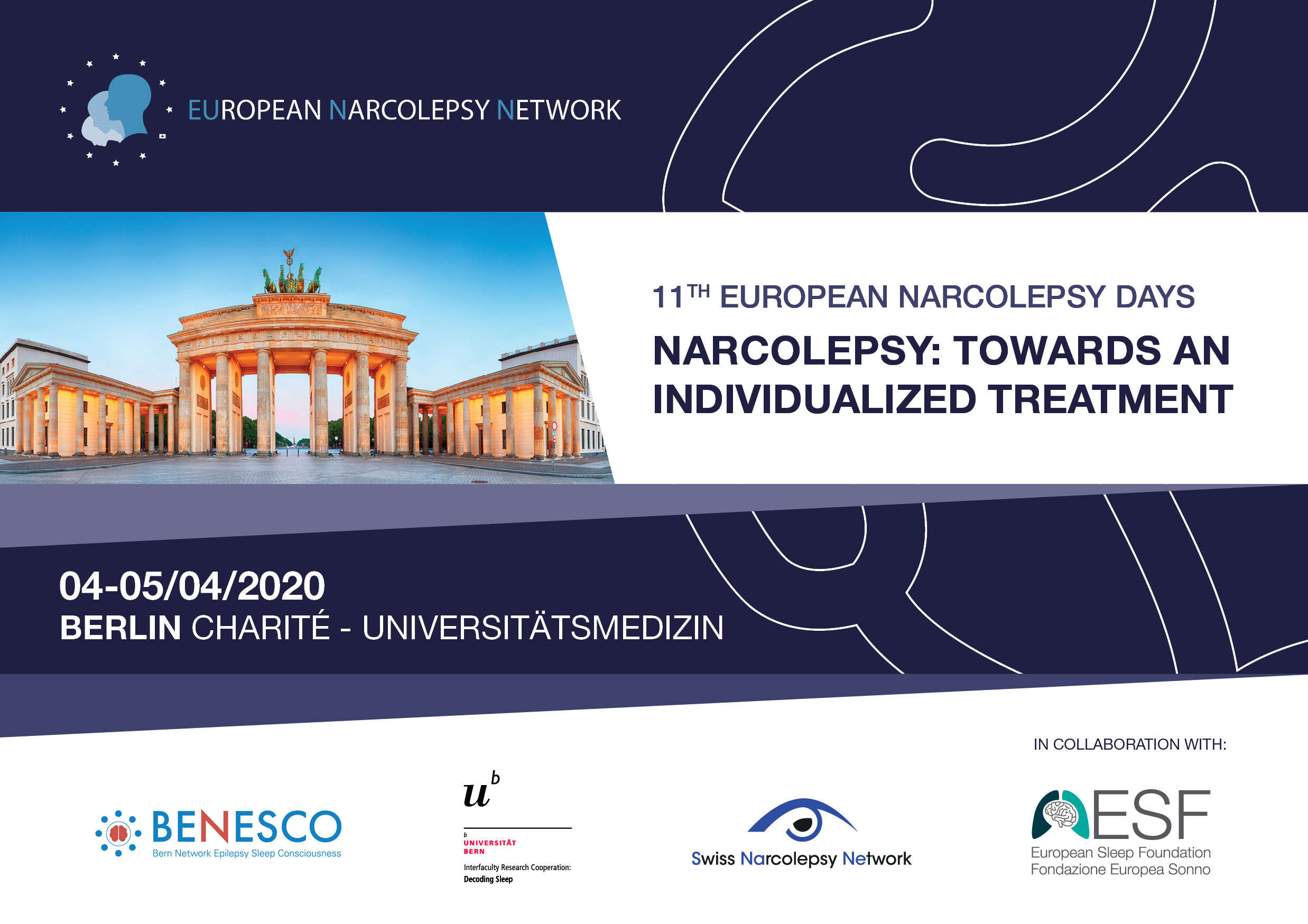
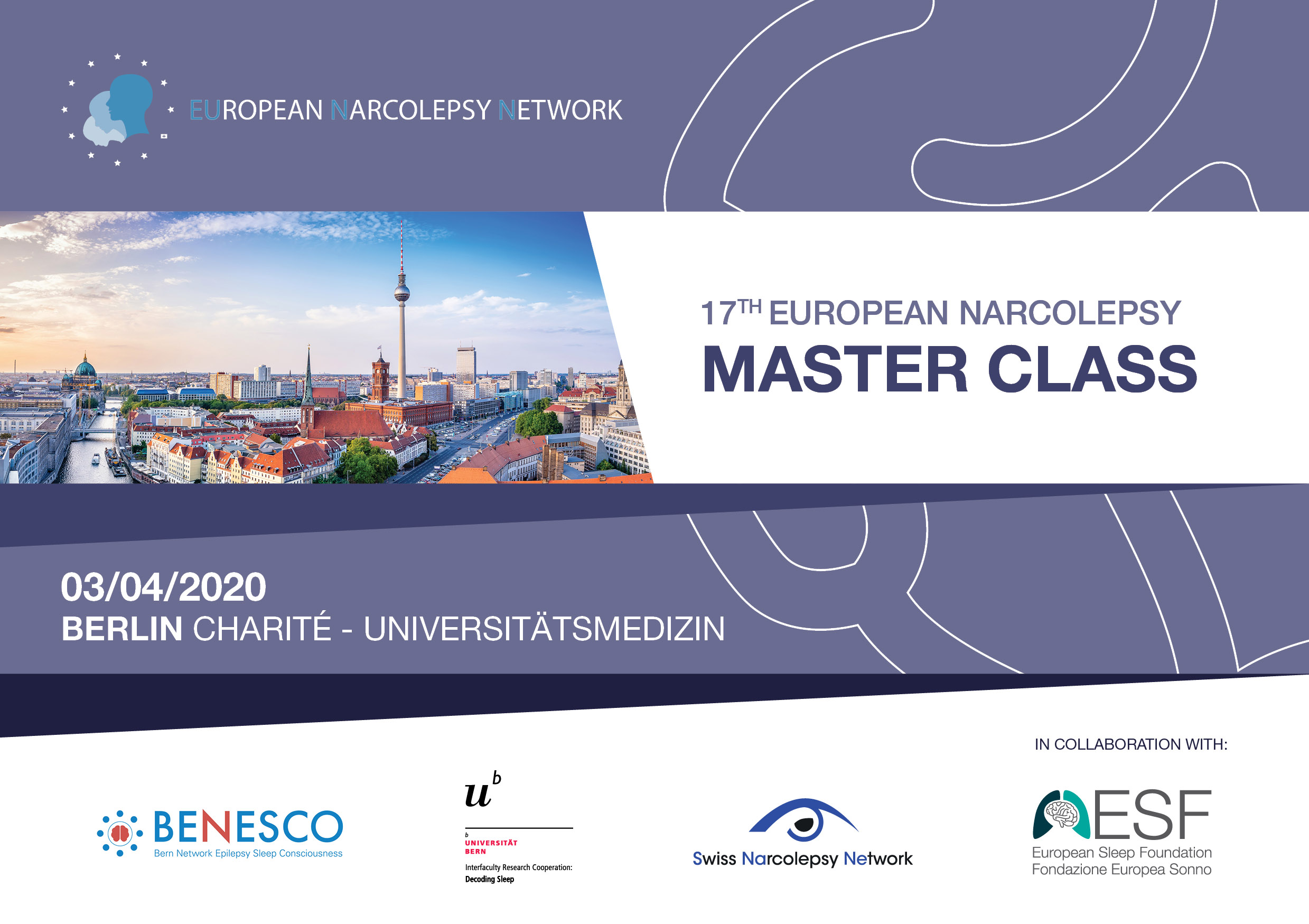
LATEST RESEARCH
KEYWORDS
- Parasomnias, REM Sleep Behavior Disorder
- Sleepiness, Fatigue, Hypersomnnia
- Sleep Related Movement Disorders (i.e. Restless legs Syndrom)
- Sleep and Neurological Disorders
- Narcolepsy
- Sleep Neurophysiology in Human
%MCEPASTEBIN%









